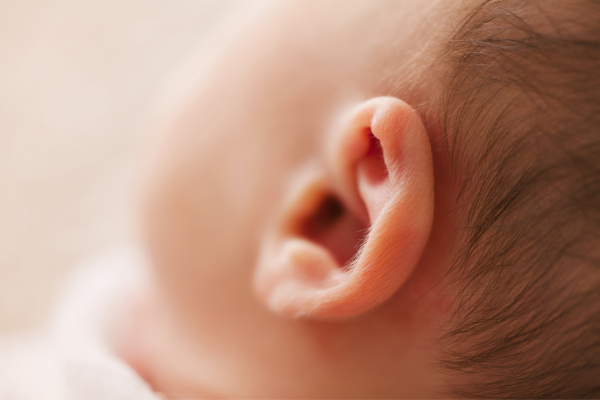Specialty
Ear, Nose and Throat (ENT)
Our Ear, Nose and Throat (ENT) specialists, or Otolaryngologists, are highly experienced in all conditions related to your head and neck. They treat both common and complex problems of the ear, nose and throat that can range from hearing loss to sinus disease and swallowing abnormalities.
Locations
-
Wickersham Health Campus
Mankato
About

Our ENTs offer the highest level of specialty care for all ear, nose and throat problems for patients of all ages, including:
- cosmetic facial reconstruction
- surgery of benign and malignant tumors of the head and neck
- management of patients with loss of hearing and balance
- endoscopic examination of air and food passages
We also offer treatment for:
Allergies
Nasal allergy is a condition, often inherited, in which the immune system reacts to something in the environment. Allergies can also cause symptoms such as chronic sinus problems, postnasal drip, head congestion, frequent colds, recurring ear infections, hearing loss, dizziness, chronic cough and asthma.
Ear Deformity
20-35% of newborns have some form of ear deformity. Dr. Pearson can correct these ear deformities through a process called ear molding. Ear Molding is a non-invasive and pain-free procedure that helps correct ear deformities in the first two weeks of a newborn’s life. Ear molding improves 90- 95% of ear deformities without surgery.
Esophageal disorders
The esophagus is the tube that carries food, liquids and saliva from your mouth to the stomach. The most common problem with the esophagus is gastroesophageal reflux disease (GERD). Difficulty in swallowing (dysphagia) is also a common esophageal disorder.
Infections
Your ears, nose, and throat are all part of your upper respiratory system. They share anatomy and have similar mucus membrane linings, which means they get similar infections. An infection or another problem affecting one of them may also affect the others. Infections may cause ear pressure pain, sore throat, or constant problems with sinuses or phlegm in the throat.
Laryngeal disorders
Laryngeal disorders are disorders of the larynx or vocal cords. There is no single symptom associated with a specific disorder of the larynx. For example, hoarseness, limitations in pitch and loudness, shortness of breath or increased vocal effort may be a sign of any number of disorders of the larynx. Laryngeal disorders can include benign and malignant tumors, contact ulcers, laryngitis, vocal cord paralysis, vocal cord polyps and nodules among others.
Sinonasal disorders
Sinonasal disorders are disorders of the sinus or nose. They can include nasal obstruction, nasal discharge, nose bleed, smell disorders, nasal tone in voice, headache and facial pain, itching and sneezing and nasal deformity.
Thyroid disorders
The thyroid gland is located in the middle of the lower neck, below the larynx (voice box). The most common thyroid problems are an overactive gland, called hyperthyroidism, an underactive gland, called hypothyroidism, or an enlarged thyroid gland often called goiter. An ENT specialist can effectively diagnose and treat these disorders.


